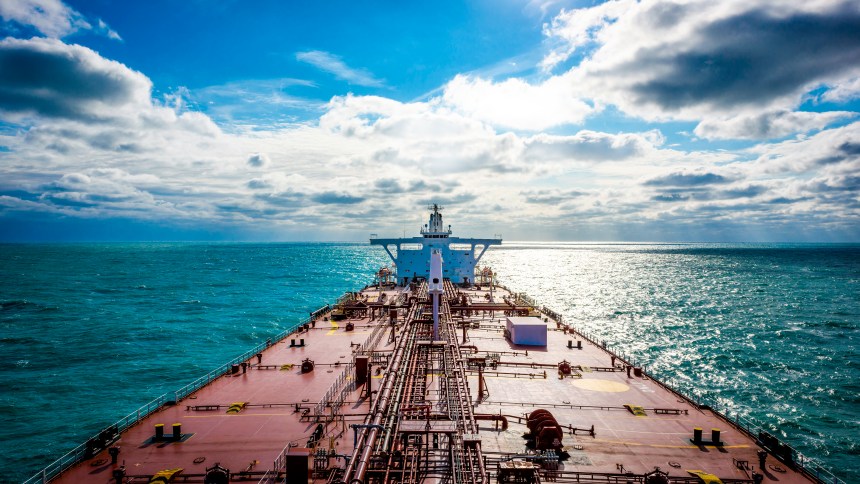Potential of Bio and Synthetic LNG for Decarbonization

SEA-LNG, the multisector industry coalition, has released the latest in its series of independently conducted reports: The CE Delft study analyzes the availability and costs of liquefied bio methane (LBM) and liquefied synthetic methane (LSM) and concludes that both could become available in sufficient quantities to make a contribution toward future decarbonization for the shipping industry, and that the costs need not be significantly higher than those of other low- and zero-carbon fuels.
The study explores the potential availability and cost of LBM and LSM produced from renewable electricity, with the aim of providing industry-leading, timely and proven analysis to support the growing case for LBM and LSM in driving forward LNG as a decarbonization solution toward 2030, 2050 and beyond.
The findings are that both LBM and LSM are scalable solutions for the maritime sector, with estimated sustainable global supplies potentially exceeding the demands of shipping in the future and likely to be commercially competitive relative to other low- and zero-carbon fuels. Further, the growing LNG-fueled fleet could use LBM or LSM without requiring major modifications, and the existing supply infrastructure will remain fit for bunkering purposes with either fuel.
The study was conducted by independent research and consultancy organization CE Delft and commissioned by SEA-LNG.
Click here to read a summary of the key takeaways from the study.
The full report is available to download here.
